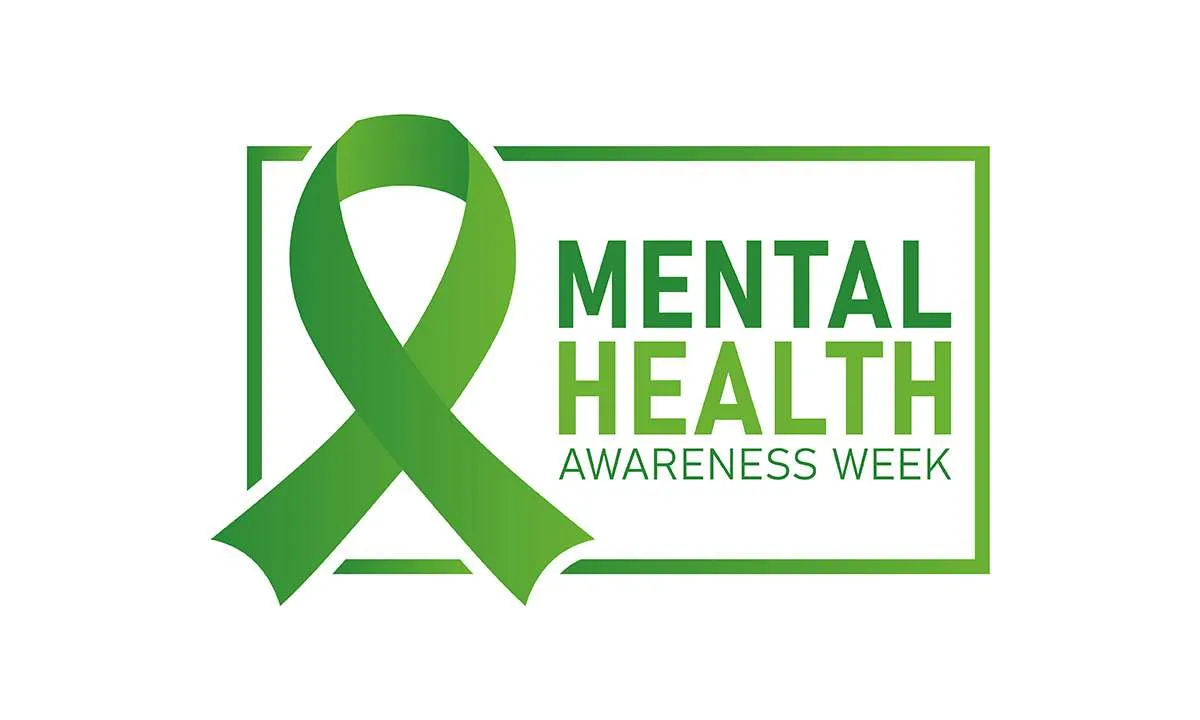Mental Health Awareness Week
Why Marketers Need to Talk About It
Mental Health Awareness Week (13–19 May 2025) isn’t just a trending hashtag or another campaign for your social calendar. It’s a vital reminder that behind every brief, brainstorm, and perfectly crafted email subject line, there are actual human beings – and yes, even marketers – who sometimes need to hit pause and prioritise their wellbeing.
The Marketing Made Clear Podcast
Check out the Marketing Made Clear Podcast on all good streaming platforms including Spotify:
This Year’s Theme: Movement – Moving More for Our Mental Health
Organised by the Mental Health Foundation, this year’s focus is on the powerful connection between movement and mental wellbeing. It’s not about running a marathon in between meetings (though hats off if you do), but about finding simple ways to get moving, clear the mind, and break the sedentary cycle that marketing life can sometimes encourage.
Whether you’re an SEO strategist glued to Google Analytics or a creative stuck in a five-tab copywriting maze, integrating more movement into your day isn’t just healthy – it’s good for your brain, your mood, and surprisingly, your marketing output.
Shout out to our wonderful dogs that get us out walking by the way!
But Why Should Marketers Care?
Let’s be blunt: marketing can be mentally exhausting.
It’s a world of tight deadlines, constant optimisation, and “Can we make this viral?” pressure. It’s thrilling – but it can also be overwhelming.
Here’s what the data tells us:
-
1 in 6 workers in the UK experiences a mental health problem such as anxiety or depression in any given week.
-
The marketing and advertising industry sees higher-than-average levels of stress and burnout, according to industry surveys by organisations like NABS and Mental Health at Work.
-
Creative roles are particularly vulnerable, often due to blurred boundaries between work and life, irregular hours, and the demand for constant innovation.

It’s Not Just a Personal Issue – It’s a Business One
Mental wellbeing has a direct impact on performance, team morale, retention, and even your brand’s reputation. If you’re a leader, ignoring mental health isn’t just unkind – it’s unstrategic. Companies with a proactive approach to mental health support are more likely to see better engagement, lower absenteeism, and improved creativity. Philip Kotler might’ve said marketing is about satisfying needs profitably – and if your team is running on fumes, those needs are going to stay unsatisfied.
What Marketers Can Do This Week (and Beyond)
Here’s how you can take action, whether you’re a junior exec or a marketing director:
-
Start the conversation – Create safe spaces to talk about mental health without judgement or stigma. A Slack/Teams message saying “Feeling the pressure today” shouldn’t feel like a confession.
-
Encourage movement – Walking meetings, lunch break yoga, or even a “step count” challenge can help. This year’s theme gives you a brilliant excuse to get creative.
-
Audit your workload – Reassess whether that fifth campaign really needs to go live this week. If everything’s a priority, nothing is.
-
Champion boundaries – Respect out-of-office hours. Avoid “quick requests” at 6:01pm. Lead by example.
-
Share useful content – Point your team towards Mental Health Foundation resources or signpost services like Samaritans and Mind. Use your content powers for good.
And For The Freelancers…
Shout out to the solo operators.
You’re juggling client work, invoicing, social media, and your own business development – often from a kitchen table. This week, make space for you.
Block out a non-negotiable lunch break. Take a walk.
Vent to someone who gets it.
You’re not a machine – even if you market like one.
Final Thought: You’re More Than Your Output
Marketing culture often glorifies the hustle, the 10X mentality, and the myth of “busy equals productive.” But good marketing – the kind that connects, persuades, and leaves a legacy – doesn’t come from burnout. It comes from people who feel heard, supported, and, dare we say it… mentally well.
So let’s use Mental Health Awareness Week as a real moment for reflection, not just another content opportunity. Move more.
Talk more.
Judge less.
And if you’re struggling – you are not alone.


